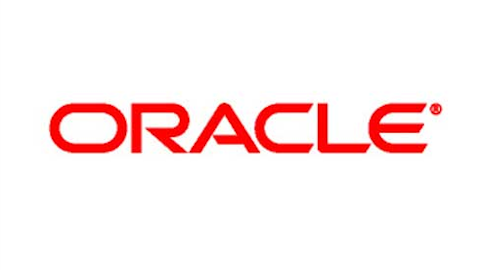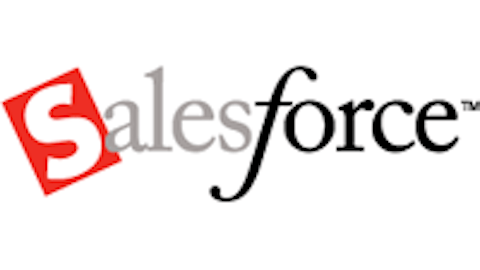Cloud marketing, combining traditional marketing software as a service, is a popular concept nowadays. Not only are companies that offer cloud marketing are increasing in number, but some are increasing their valuations as well. A recent example is the acquisition of cloud marketing company ExactTarget Inc (NYSE:ET) by salesforce.com, inc. (NYSE:CRM) for approximately $2.5 billion. This is Salesforce.com’s largest acquisition, representing a 52% premium to ExactTarget’s closing price before the announcement, and became excellent news for ExactTarget Inc (NYSE:ET)’s shareholders. Meanwhile, just after the announcement Salesforce’s stock was off by nearly 5% and shares have seen an 8.48% price decrease so far amidst worries that Salesforce may never recover its premium.
Were these worries justified? Could the emerging cloud marketing market be in trouble in terms of future revenue growth and margins?
The question is very relevant, especially for salesforce.com, inc. (NYSE:CRM) since its management is focused on reaching $1 billion in cloud marketing revenue over the next few years and has already spent about $3.5 billion in acquiring cloud marketing companies so far (Radian6 for $336 million in 2011 and Buddy Media for more than $650 million in 2012.)
Cloud marketing 101
Cloud marketing enables companies to outsource corporate software/hardware infrastructure and analysts in order to develop and maintain their marketing plans at a reduced cost. It can complement traditional marketing and provide additional insights such as real-time analysis and statistics on online product campaigns. This is a must-have nowadays. As companies start paying more attention to online and social marketing, I believe that the demand for cloud marketing solutions will remain solid.
But how do things look like from the supply side? To begin with, this industry has low barriers to entry. Every week, some new startup in the world launches a cloud marketing solution. Dynamic languages like Python and server infrastructure like Hadoop, which are totally free, have made it easy to deploy applications that analyze big data in real time. Furthermore, you don’t need much money to have your service online, as most server farms will charge you on a per-usage basis.
And because most of the costs are variable, being big isn’t a competitive advantage.
Notice also that you can always make a cloud service product “look different.” If you do a quick search on the Internet, you will find that there are dozens of cool names for the same product: an interface that helps you to analyze Facebook & Twitter campaigns in real time so that you can see the effectiveness of your ads. This is an open invitation to start-ups. And the fact that many of these products are achieving impressive sales tells us that clients are looking for different presentations. A bank may have different marketing needs than a cosmetics manufacturer.
All of these reasons contribute to the fragmentation of the cloud services market. From the supply side, therefore, the cloud marketing market looks fiercely competitive. This could lead to low margins for everybody in the long run.





